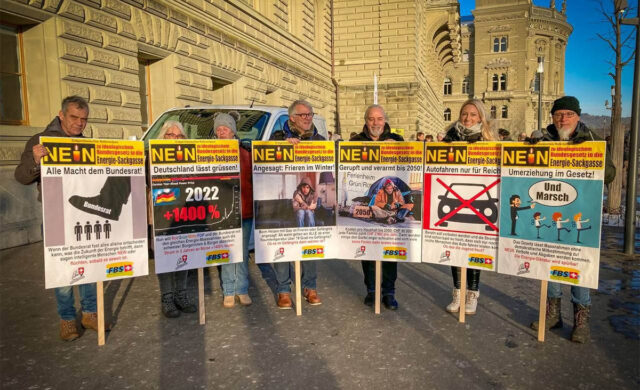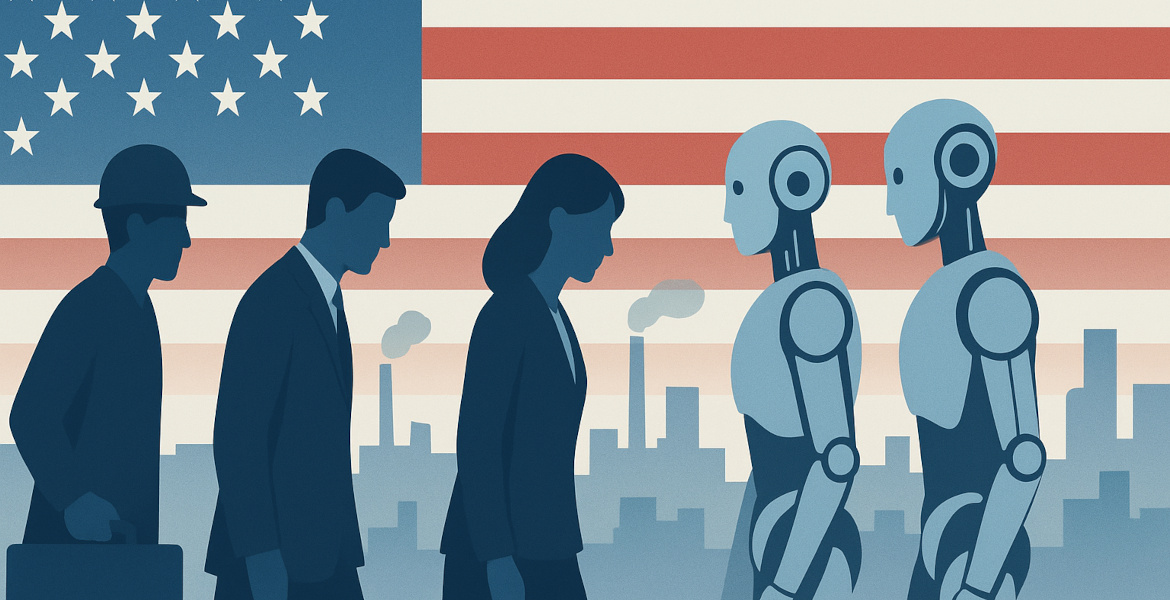Over 157,422 signatures have been collected so far by the Swiss Liberal Movement, FBS, in the campaign to hold a referendum in the country's 26 cantons to save the cash system.
Of these, 111,197 names have already been validated, meaning that the referendum will go ahead, as the threshold for guaranteeing a referendum on an issue has been passed.
The FBS fears that cash is in danger of disappearing as digital and electronic payments increase, posing a threat to privacy, greatly increased surveillance and opportunities for banks and authorities to persecute, harass and punish individuals.
The proposal is to introduce a constitutional guarantee that Switzerland will always have enough money and banknotes and that any future proposal by politicians to abolish the Swiss franc must first be approved by the people as well as all cantons
Freely translated from the campaign site:
Cash equals freedom. If we pay attention to many internationally known economists, like prof. Kenneth Rogoff, the abolition of cash is being considered and even called for. This leads society more and more into dependency and surveillance.
In a world of digital-only currencies, these are questions everyone must ask:
- Do we trust politics not to make us transparent citizens and want to control our lives through 'social credit systems'?
- What happens if the power goes out and nothing works anymore?
- What will our world look like when the events simulated by the WEF with Cyber-Polygon happen?
- What if hackers manage to paralyze systemically relevant areas?
That is why we urgently need this popular initiative.
Cash equals freedom because it can be used anywhere and at any time.
Cash promotes independence because we are not dependent on technical systems (electricity, card readers, internet).
Cash provides security, even against negative interest rates. Cash is an important part of our Swiss culture of voluntary and peaceful coexistence.

Switzerland is one of the few countries in the Western world that applies this type of direct democracy.
More information about the campaign can be found on the FSB website.
The Swissinfo information portal on how the Swiss system of recurrent referendums works
The Swiss political system is characterised by a very high level of citizen participation. One of the pillars of Swiss direct democracy is the principle of popular initiative, which allows citizens to propose a total or partial reform of the Constitution. To be valid, an initiative must collect at least 100 000 signatures from citizens within 18 months. It then goes to a nationwide vote.
Source: Swissinfo.ch




